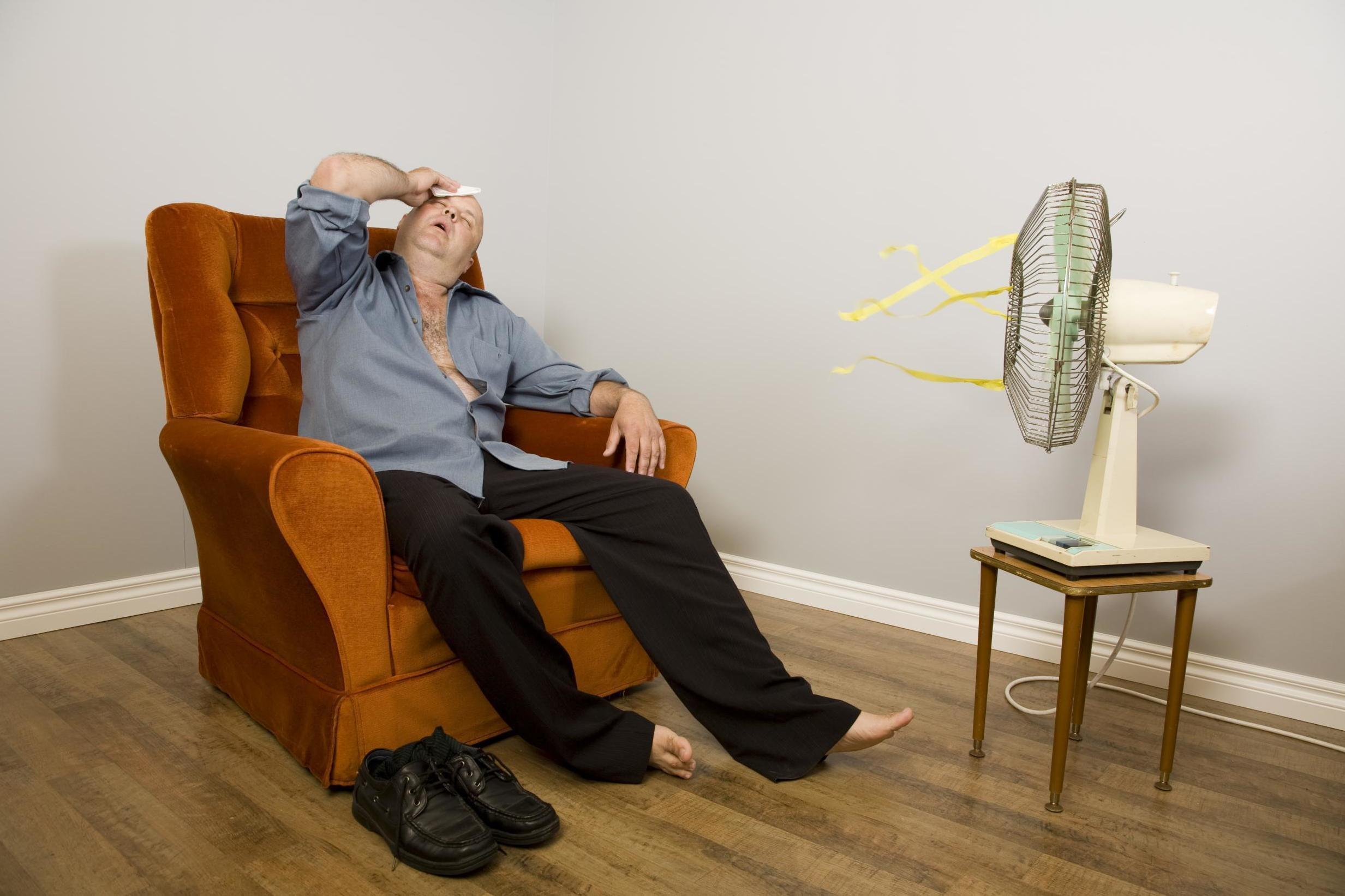Is sleeping with a fan on bad for your health?
There are some health risks associated with sleeping near a fan

Your support helps us to tell the story
From reproductive rights to climate change to Big Tech, The Independent is on the ground when the story is developing. Whether it's investigating the financials of Elon Musk's pro-Trump PAC or producing our latest documentary, 'The A Word', which shines a light on the American women fighting for reproductive rights, we know how important it is to parse out the facts from the messaging.
At such a critical moment in US history, we need reporters on the ground. Your donation allows us to keep sending journalists to speak to both sides of the story.
The Independent is trusted by Americans across the entire political spectrum. And unlike many other quality news outlets, we choose not to lock Americans out of our reporting and analysis with paywalls. We believe quality journalism should be available to everyone, paid for by those who can afford it.
Your support makes all the difference.In the sweltering heat, sleeping without the relief of a fan can be near impossible - but the reprieve isn’t without its risks.
For most people, sleeping with a fan whirring overnight only brings positive results, but for those who suffer from allergies or asthma, the negative side effects can be a deterrent.
According to Sleep Advisor, as fans circulate the air, they can move around dust particles and other potential allergens that can cause irritation.
The American Academy of Allergy, Asthma and Immunology says that dust mites are the most common allergy triggers - and given they can cling to ceiling or other fans, it's clear to see how an attempt to circulate air in the summer can be an allergy trigger.
The risk is real but minor, according to New York City allergist and author of the book "The New Allergy Solution," Dr Clifford Bassett.
Dr Bassett told The Independent: “A ceiling fan can create air currents that help to circulate indoor air particles, including pollutants and some allergens.
“For many of us, it doesn’t really appear to pose an issue. If you experience sneezing or worsening nasal symptoms, and you have indoor allergies, due to air forcefully blowing up your nasal passages causing sneezing, which is actually a protective mechanism, it can be annoying and perhaps cause a flare-up in your nasal allergies.”
To minimise the risk of possible allergy flare-ups, cleaning the fan blades can be helpful.
Apart from the potential for allergy or asthma reactions, fan-users should also be aware of muscle cramps and dry skin that can come from fan usage.
Although lotions can help with dry skin caused by a fan - a minor inconvenience in comparison to restless sleep - stiff muscles may be unavoidable.
The result of concentrated cool air, Sleep Advisor warns that muscles may tense up or feel sore the morning after a restful breezy sleep.
However, there are no significant risks associated with fan use - so as long as you are comfortable, it is okay to keep the fan blowing throughout the night.
Or, you can try other tricks for keeping cool at night such as closing the curtains during the day or sleeping in a cool, damp T-shirt.
Join our commenting forum
Join thought-provoking conversations, follow other Independent readers and see their replies
Comments